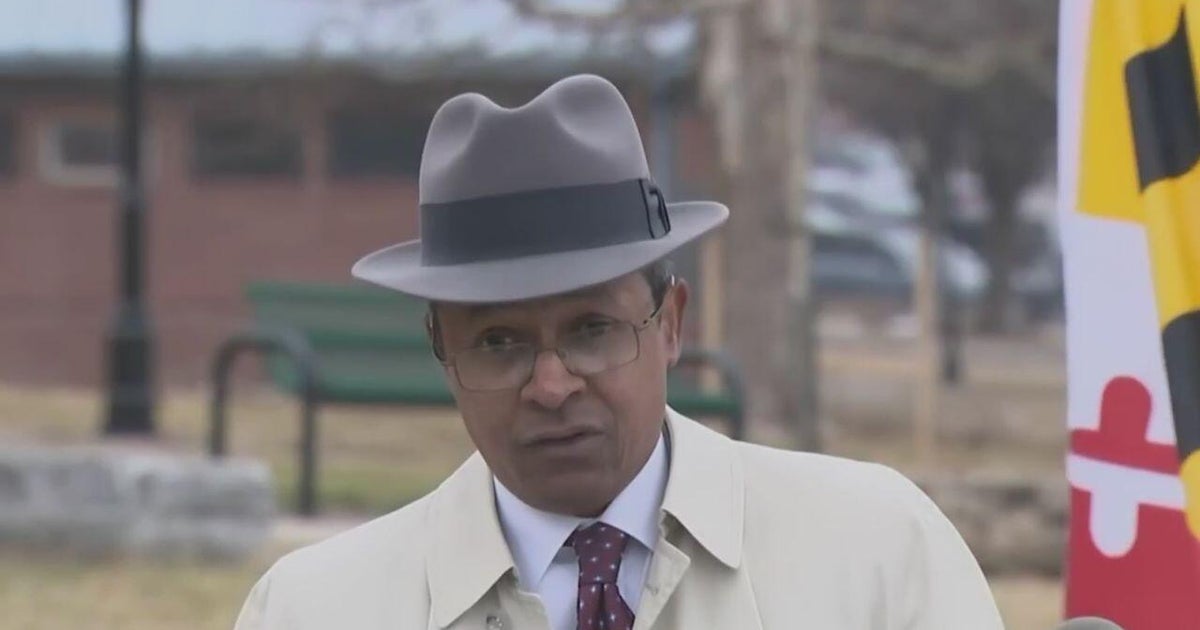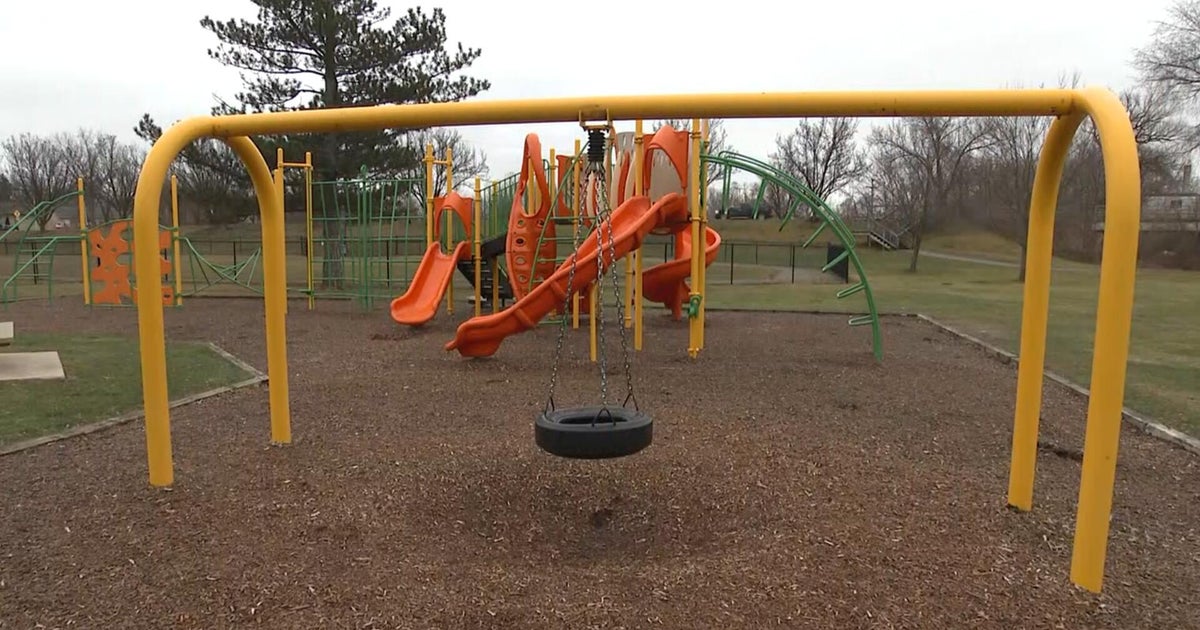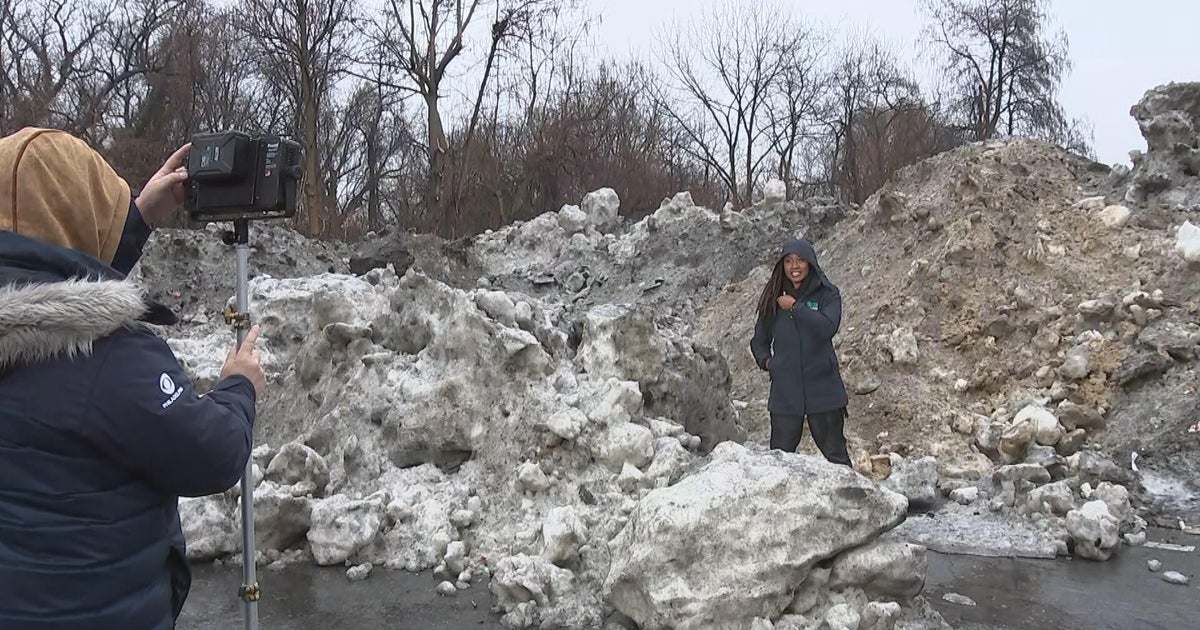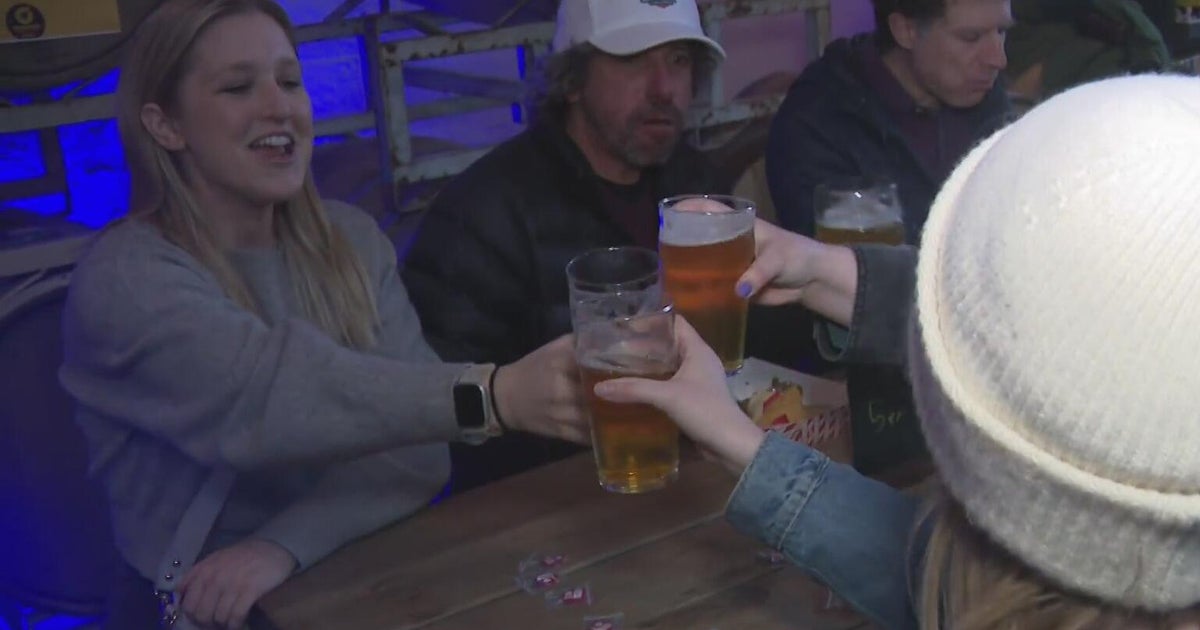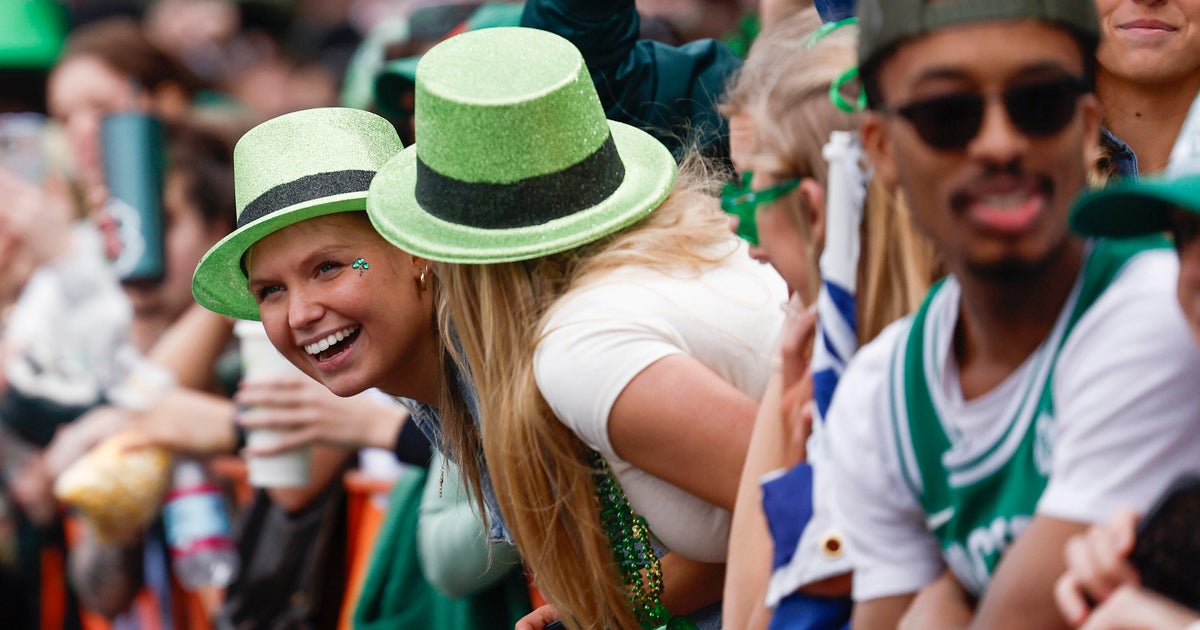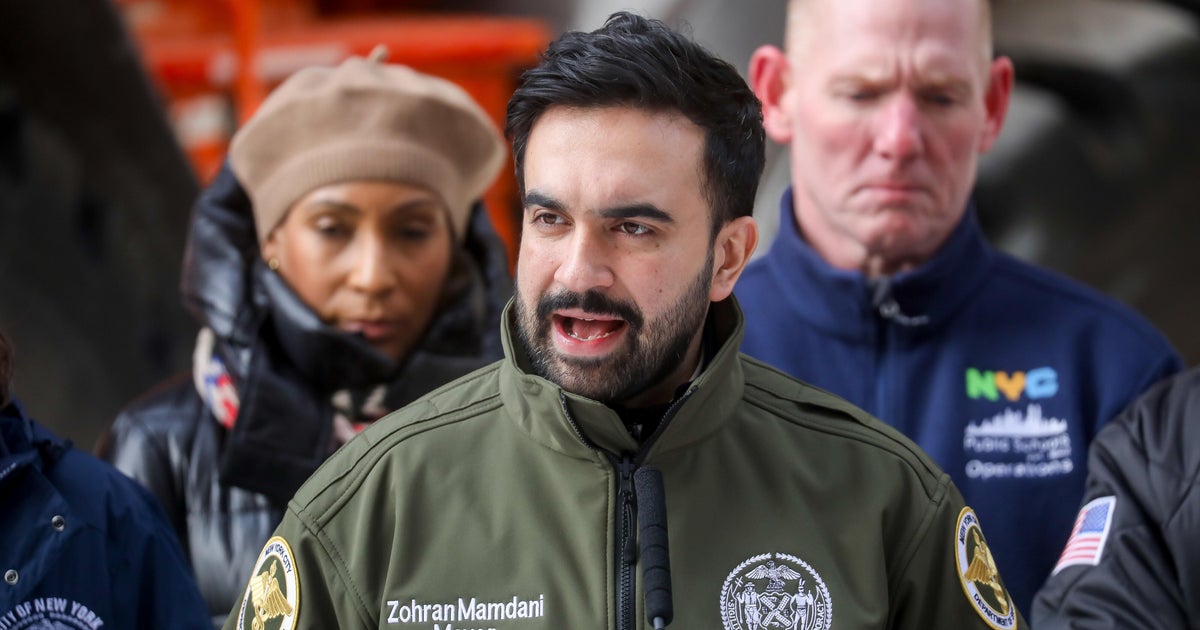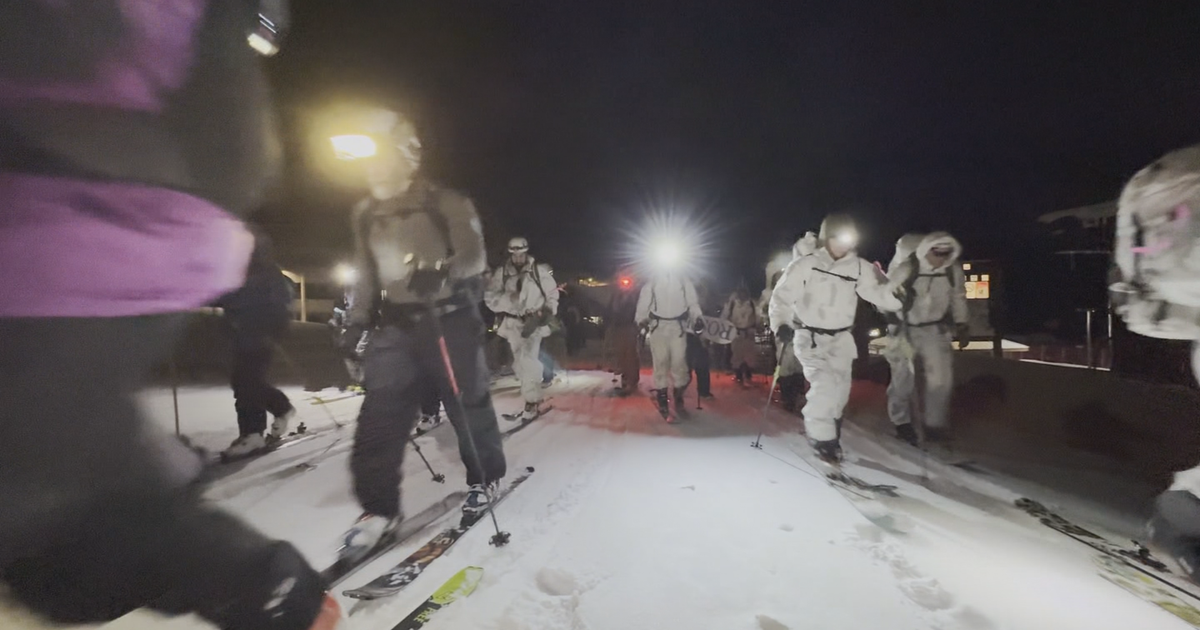War Of 1812 Symposium Comes To Annapolis
By THERESA WINSLOW
The Capital of Annapolis
ANNAPOLIS, Md. (AP) -- The 1812 Superbowl comes to Annapolis this week.
Top scholars from the U.S., Canada and the United Kingdom will converge on the Naval Academy for a four-day symposium on the war.
"From Enemies to Allies: An International Conference on the War of 1812 and its Aftermath" kicks off Wednesday with a tour. Talks begin Thursday morning. Over 200 people have signed up for the event, which features a series of innovative discussions and papers about the conflict.
The sessions don't just rehash battles, although they will address why the war was fought, how it was fought and why the Americans and British haven't fought since.
"This is the conference on the War of 1812 in the U.S.," said William Dudley, an Easton resident and historian who is on the program committee.
The gathering also will tackle topics such as the impact of the war on Native Americans and Canada's First Nations, women and slaves. Other subjects range from privateering and military strategy to ethics and music.
"There's so much still not known," said Michael Crawford, senior historian at the Naval History & Heritage Command in Washington, D.C., and a member of the conference's program committee.
Fellow committee member Bill Pencek, executive director of the Maryland War of 1812 Bicentennial Commission, said the academy was the perfect location.
The war was central to establishing the culture of the Navy, he said, and the school has a huge exhibit, "Seas, Lakes and Bay: The Naval War of 1812" in Mahan Hall.
One of the pre-conference activities includes a tour of the exhibit by William Koch, who donated many of the items on display.
The conference, which involved more than two years of planning, isn't open to the public. Registration is closed.
Those who don't make it will be missing a lot.
"Although it's regarded as a forgotten war, it shouldn't be," said historian Ralph Eshelman, a Southern Maryland resident who has written five books on 1812, including one he co-authored last year titled, "In Full Gory Reflected: Discovering the War of 1812 in the Chesapeake."
The Star Spangled Banner Flag, the National Anthem, "Old Ironsides," Old Hickory, Uncle Sam, and the saying, "Don't Give Up the Ship," all came out of the war, he said.
And the conflict was a pivotal point in U.S. history -- both in how we saw ourselves and how other countries saw America.
"Prior to the war, I don't believe people had a lot of confidence in the country," said Eshelman, who is chairing one session of the conference and presenting a paper in another.
"When we went to war, it really divided the country. It was more divided than any time other than Vietnam. When the war was over, people were surprised we did so well. You could argue we didn't win the war, but we certainly stood our ground ... People (began to) think of themselves as Americans."
Meanwhile, foreign nations began to take notice of the U.S. as an "up-and-coming" country, said Eshelman, who also is a member of the conference's program committee.
The paper he's presenting is titled: "Which Theater of War Suffered More During the War of 1812: A Case for the Chesapeake."
"In Maryland," Pencek said, "it's in the DNA."
(Copyright 2013 by The Associated Press. All Rights Reserved.)
